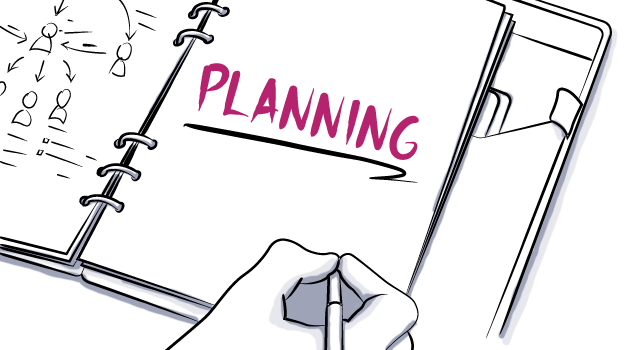
14 Things Every Event Planner Job Description Needs
Your team is growing and it’s finally time to bring on a new team member. But what should you include in your event planner job description? To help you find the perfect person to join your team, here are 14 things every event planner job description should include.
Discover the Elements the Best Event Planner Job Descriptions Have
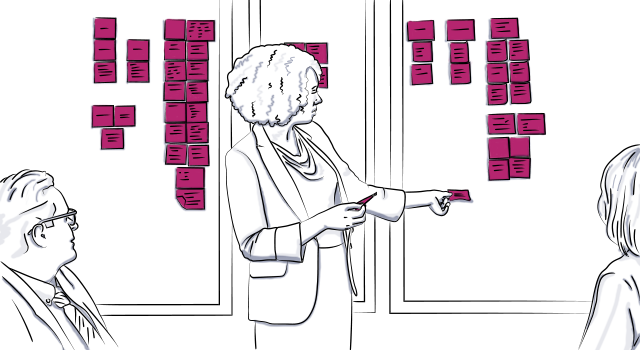
1. Include the event planning job title
This part of the event planner job description is a bit self-explanatory. But it can help narrow down candidates who will apply to your position. Is the role a junior versus senior event planner role? Is it an intern role or a director role? The job title will serve as the search term for applicants so make it one that matches the kind of event planner you’re looking for!
Pro tip: Search Google to see what other companies call the job you are posting, and use a similar title. This helps level-set applicant expectations.
[Tweet “Junior vs. senior, coordinator vs. director? Narrow the job title to match the applicants you want.”]
2. Include the event planning job summary
If you could sum up what the new planner on your team will be doing in five sentences or less, what would you say? What are the most important things you want this person to accomplish in their time with your company?
Use this space in the event planner job description to hook prospective applicants. Describe high-level what their role will entail, what their role is in the company, and what their top responsibilities will be. This is also a good place to give a short summary of your company or highlight notable clients they could be supporting.
Pro-tip: Include high-traffic keywords related to the job by checking out Google keyword planner. This will help more applicants find your job posting.

3. Highlight key responsibilities
This space on the event planning job description can be used to go into greater detail of the person’s chief responsibilities. What kind of tasks will they be expected to complete on a daily basis? What kind of expectations are you setting for the person who will take on this role? Will there be any training or are you looking for someone who can hit the ground running with little to no management? Answers those questions here.
The responsibilities section of the job description can also highlight if they’ll have direct reports, who they’ll report to, and how you’ll measure success. You can also call out particular departments the event planner will be interacting with on a daily basis.
Pro tip: Be clear about the software they’ll need to learn, which team members they’ll work with, and what you can teach versus what skills they already must have. Try not to count anyone out – don’t include “number of years of experience” unless they’re absolutely necessary.
4. Include a list of top qualifications
If you received an applicant for this role, what would you consider qualified?
In this section of the event planner job description, you can describe the background of your ideal applicant. You can highlight pieces of their background like education or note if years of experience can stand in for education. If you value experience outside of the industry, like a person’s involvement with an events association (like ILEA, MPI, NACE, or PCMA for example), stress that here. For newcomers looking to break into the industry, oftentimes this is the only experience they have so if you’re ok with that, note that here.
Oftentimes, hiring managers will add a desired qualifications section if you want to highlight any special skills that would be a bonus for an applicant to have. For example, there are a number of event industry certifications a planner can earn so if there is one that could be important to the role, note it here.
Pro tip: If you find that you’re getting applicants are too junior, senior, or unqualified, hop back into your event planner job description and tweak the responsibilities. For example, if you find that you’re receiving too many applicants who are too junior for the role, emphasize more senior duties like management experience or years of experience. While you’ll always receive applicants who aren’t qualified, this should narrow the pipeline.
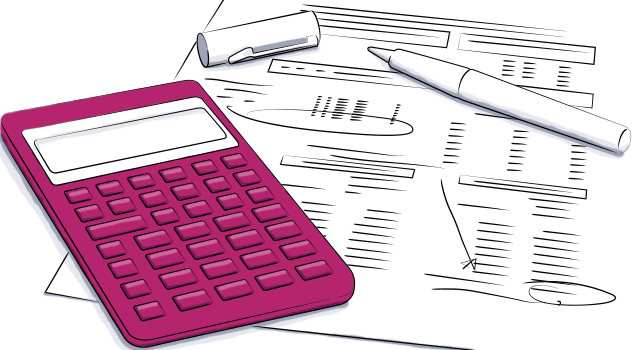
5. Make a bulleted list of event planning skills
This section of the job description is where you can emphasize the event planning skills set of the incoming new hire. You can look at the skill set as all the skills that someone will need in order to be successful in the role. And similar to qualifications, note what’s a non-negotiable skill and desired skill.
With the technological side of the industry changing every day, you should also use this space of the event planner job description to call out technology skills needed in the role. Will the new hire need to know how to create BEOs with your catering and sales software? Will they need to know how to create an event proposal via your proposal software? For planners who need to create event diagrams, what kind of software will they need to know?
Pro-tip: Don’t forget to ensure you ask that your hires have developed the emotional intelligence to handle tough client conversations.
6. Anticipated schedule of the events job
This is critical to include in your event planner job description. Is the position part-time or full-time? If it’s part-time, roughly how many hours can the job applicant expect to work each week? If it’s full-time, does the job require more than 40 hours a week? Are hours between the traditional hours of 9 am to 5 pm or are nights and weekends frequent? What days can they expect to have off?
Between caring for kids, aging parents, and pets, or maybe even attending school, your job applicants have a lot on their plates. Answering these questions up front will help them evaluate if the position meshes with their personal lives. This will also save you time when searching for the perfect team member since only the candidates with the most realistic availabilities will apply.
Pro Tip: Include the time zone in the schedule to provide even more clarity on expectations. This is especially important for companies that operate remotely or expect their event planners to travel. In short, something as small as clarifying office hours can help paint a picture for the applicant.
7. Location of the event planning job
With the technology available, it’s becoming increasingly common for people to work from home or locations other than a traditional office. Clarify in the job description where they’ll be performing the bulk of their responsibilities as well as where events will take place. If the events occur out of town, such as conventions or roadshows, include that information too.
Also, let the job applicant know how long they can expect out of town events to last. Do the events wrap up in under a week or is a week the minimum? How frequently will they be expected to travel? Some applicants may be intimidated by the notion of traveling if it isn’t something they do often. You can also indicate if they will be traveling with a team or solo for most get togethers.
Pro Tip: Really hype up the benefits of the location in the description to make the job more appealing. If the job occurs in one local area, appeal to potential applicants who may be looking for that type of routine or lifestyle. On the other hand, if the job requires traveling, include the allures of the destination and swanky travel accommodations in the description. If you need inspiration, look up similar job titles in your specified area or areas to see how other companies present the opportunity.
8. How to apply to the job
Eliminate confusion on your part and on the applicants’ part by providing clear instructions on how to apply for the event planner position. Specify what materials they will have to provide to be considered. Even if it seems obvious to you, materials like a cover letter, resume, references, or letters of recommendation might not be readily available for all potential job seekers.
You may even want them to answer an essay question, create a mock up for an event timeline, or critique one of your past event designs. But if you ask them to complete a little extra homework, make sure you follow these great guidelines.
Also, be sure to include requirements or preferences for the materials themselves. For example, you may prefer a recommendation from a past client over a classmate or internship colleague. Then, let the applicant know if these materials should be emailed, mailed, or dropped off in person along with any relevant addresses.
Pro Tip: For those who want to follow up to make sure their resume was received, provide a contact name, email, or phone number. If it’s more of a, don’t call us, we’ll call you situation, note that calls or emails about the ad won’t be taken. Reducing unnecessary communication about the position will help alleviate some of the stress associated with the search. Plus, if you’re not fielding phone calls or avoiding your email because of the wrong person, you can better focus on finding the right one.
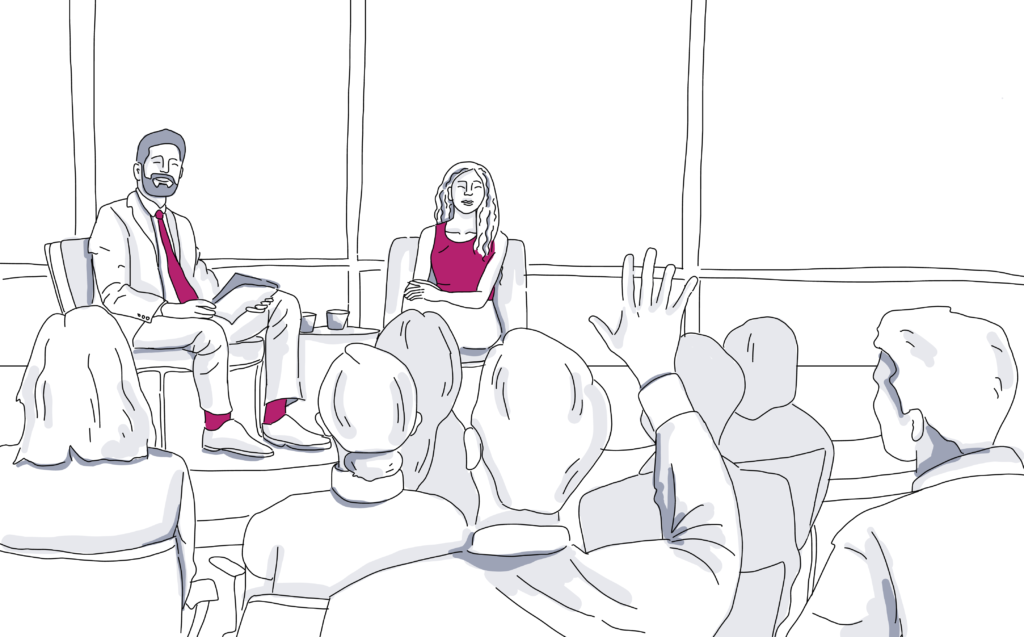
9. The ideal candidate
HR professionals sometimes say that you want to hire the type of people you wouldn’t mind working with at 2 AM on a Saturday night. Who’s that person to you and your organization? Include specific ideas in this section to let applicants peak behind the curtain into what makes your organization tick. This will give them an idea ahead of time if they will fit in and be able to meet your expectations.
To write this section, focus on your ideal candidate’s personality, habits, and tastes. Are they optimistic? Do they agree with trending event advice for your industry? Do they like to work directly with clients or do they prefer to stay in the background? What are their long-term event planning career goals? Do their personal morals and values align with the company’s? If you’re stuck in developing this description, look to some of your other key performers and take note of their overlapping personality and skills.
Pro Tip: Create a list of must have traits and nice to have traits to make selecting your next team member easier.
10. Include your company’s “About Us”
This section is your chance to describe your team and entice job seekers to join you! Include information about what your company’s culture is like (here are a few adjectives to help you get started) and what a new hire can expect when they begin working with you. Make sure to also note how long your company has been in business to promote its stability.
Next, take it a step further and include or link to the company mission statement so applicants can begin to feel passionate about your organization before they even begin working with you. And if your company offers a wide range of products or services, briefly list why they are important to your team to give the applicant an idea of how well they’ll fit in.
In today’s competitive job market, you may need to offer benefits to attract the most-qualified candidates. Which means details about available paid vacation, health insurance, retirement plans, dental and vision insurance, childcare, or life insurance need to be included too. This is a great addition to both the compensation section and the about us section because it shows your potential applicants where your priorities are as far as employee well being.
Pro Tip: Speak with your most recent hires and ask them what they expected before they were hired and how they now view the company. Even if they’re in different departments, they’ll have a fresher perspective on what how your business presents itself on paper versus in person.
11. Past events examples
Give candidates a background on what events you’ve done in the past as well as what event goals you have for the future. This will help them prepare to speak on relevant experience they have. It will also help them determine if they can be just as passionate about your events as you so they can meet expectations in the position.
And if the idea of managing weekly meetings, monthly workshops, and cross-country roadshow all at the same time is out of their wheelhouse, it’s good to know that upfront. Award bonus points to candidates who have attended your events in the past and can give you constructive feedback on the experience.
Pro Tip: You could also describe what events you’d like to explore in the future. Candidates will feel more invested in your organization if they can learn and grow with you! Your ideas for the future will inspire their vision and demonstrate to them how you care about their development.
12. SEO-friendly keywords to help your event planning job show up in Google/Bing results
SEO isn’t just for your website. You can use the same tactics to improve where your event planner job listing shows up in search engine results. Put keywords into the actual job description on application platforms such as LinkedIn, Monster, and Google Careers. You can also put a string of related keywords at the bottom of the job ad to make sure they are all included.
Afterwards, make sure you use the keywords as hashtags when posting about the position on social media to find a wider net of candidates. Here are a few hashtag examples to use when tweeting about the job.
If you’re stuck on what keywords to choose, use Google Keyword Planner to come up with a series of phrases that are in low to medium demand with more than 1,000 searches on average. For example, these key terms are currently ranking well and work with these guidelines:
- Event planner
- Event planning jobs
- Corporate event planner
- Event coordinator
- Event planning jobs near me
- Wedding planner jobs
- Party planner jobs
Pro Tip: If your company has a really strong culture, implement a hashtag when you post on social media about work happenings. Then, encourage job applicants to search the hashtag to see the types of activities your team participates in.
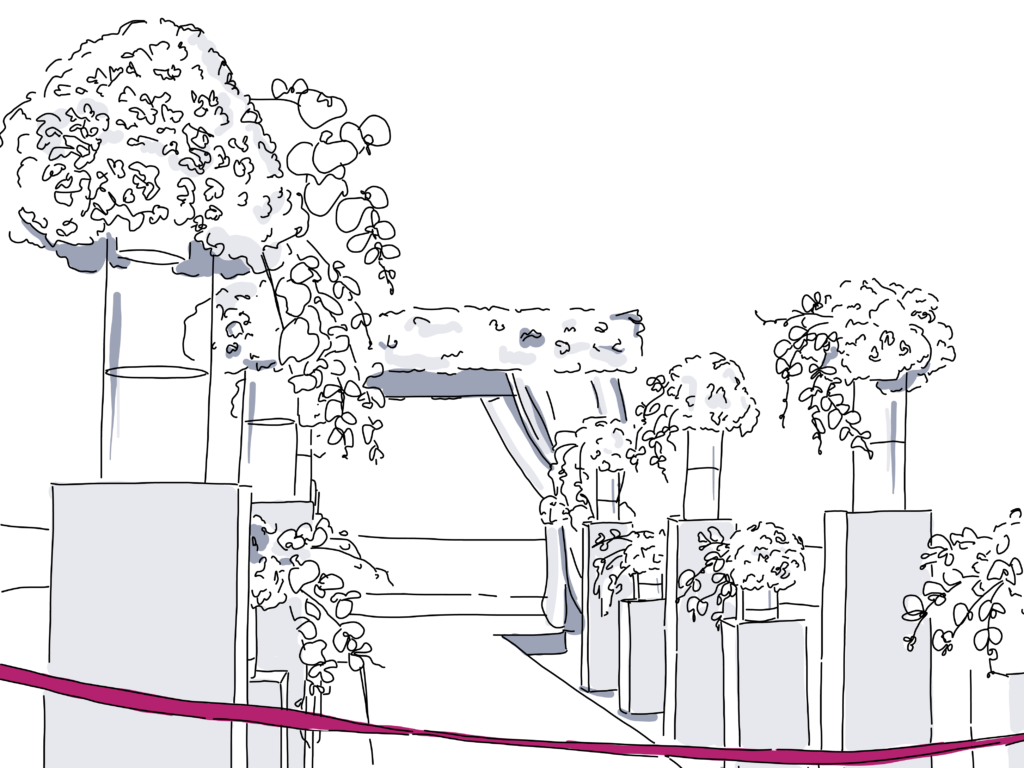
13. Potential team members the planner will work with
Who will they work with directly? Will they be managing a team of their peers? Will they be managing volunteers or event planning interns? Who will be overseeing their work? Will they need to work with a Board or a Committee at any point? Let candidates know the answers to these types of questions.
And, if the platform allows it, post a team photo and list their names and roles too. Humanizing the hiring process by helping candidates put faces to names can go a long way.
Pro Tip: If you can (and have your team’s permission), link to employee LinkedIn profiles so candidates can do additional research before the interview.
14. Technologies the event planner needs to know
Your team uses specific technology to do your jobs efficiently. Which means anyone you hire has to be able to use the same software. Include a list of these technical necessities in the job description to filter out candidates who won’t be a good fit for your organization. For example, if you have a go-to event layout software or event survey software be sure to include them here. Even if a candidate doesn’t have experience with that specific program, they’ll still have the opportunity to learn about it and see if they could learn it quickly on their own.
Pro Tip: List the most essential technologies first to put emphasize their importance. If you feel that you’re asking for an unrealistic number of qualifications, perhaps have a required and a desired technologies list.
Up next, discover top event planning interview questions, and save time in your day when you try easy event planning software.
What do you like to include in an event planner job description? Tweet us job description tidbits at @socialtables!

